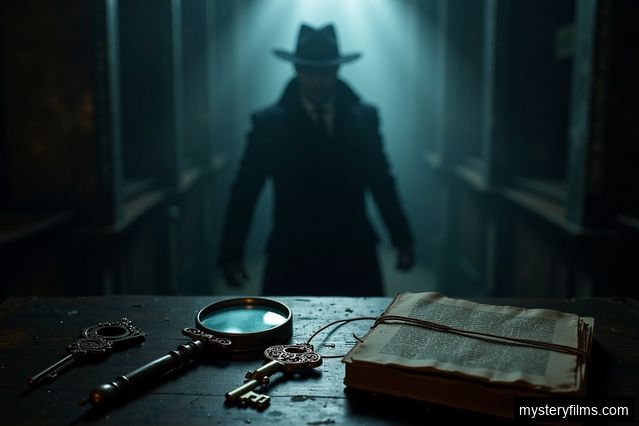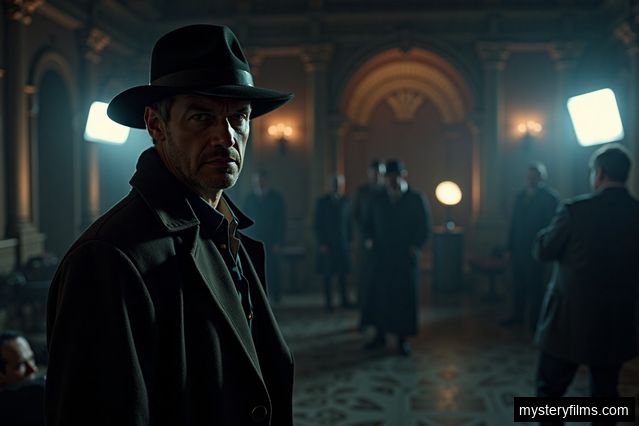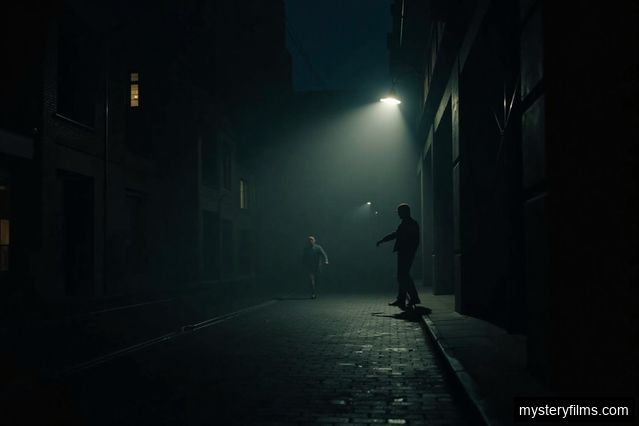The Art of Adaptation
Adapting a literary mystery for film is a delicate balancing act. Filmmakers must capture the essence of the original story while also considering the unique demands of the visual medium. They need to make choices that will engage both fans of the book and newcomers to the story.
Staying True to the Source Material
One of the challenges of adapting a literary mystery is remaining faithful to the source material. Authors spend countless hours crafting intricate plots and characters, and fans have certain expectations when seeing their favorite books come to life on screen. Successful adaptations carefully preserve the essence of the story, ensuring that key plot points, character traits, and overall atmosphere are maintained.
Finding the Perfect Cast
Casting plays a crucial role in the success of a literary mystery adaptation. A skilled cast can bring beloved characters to life and add depth to the story. The challenge lies in finding actors who not only resemble the characters described in the book but also possess the ability to convey their personalities and complexities on screen.
Balancing Fidelity and Interpretation
While staying true to the source material is important, filmmakers must also have the creative freedom to interpret the characters and adapt them to the medium of film. This delicate balance allows for fresh perspectives while still satisfying the expectations of the audience.
Creating a Visual Atmosphere
The visual atmosphere of a literary mystery is crucial in creating an engaging film. Filmmakers must carefully consider the settings, lighting, and overall aesthetics to capture the mood and tone of the story. From the haunting streets of a gothic city to the sun-soaked beaches of a coastal town, the visuals must immerse the audience in the world of the mystery.
Enhancing the Suspense
In a literary mystery, suspense is key. Translating that suspense to the screen requires skillful direction and cinematography. Filmmakers must utilize camera angles, pacing, and sound design to keep audiences on the edge of their seats, mirroring the tension and anticipation found in the pages of the book.








